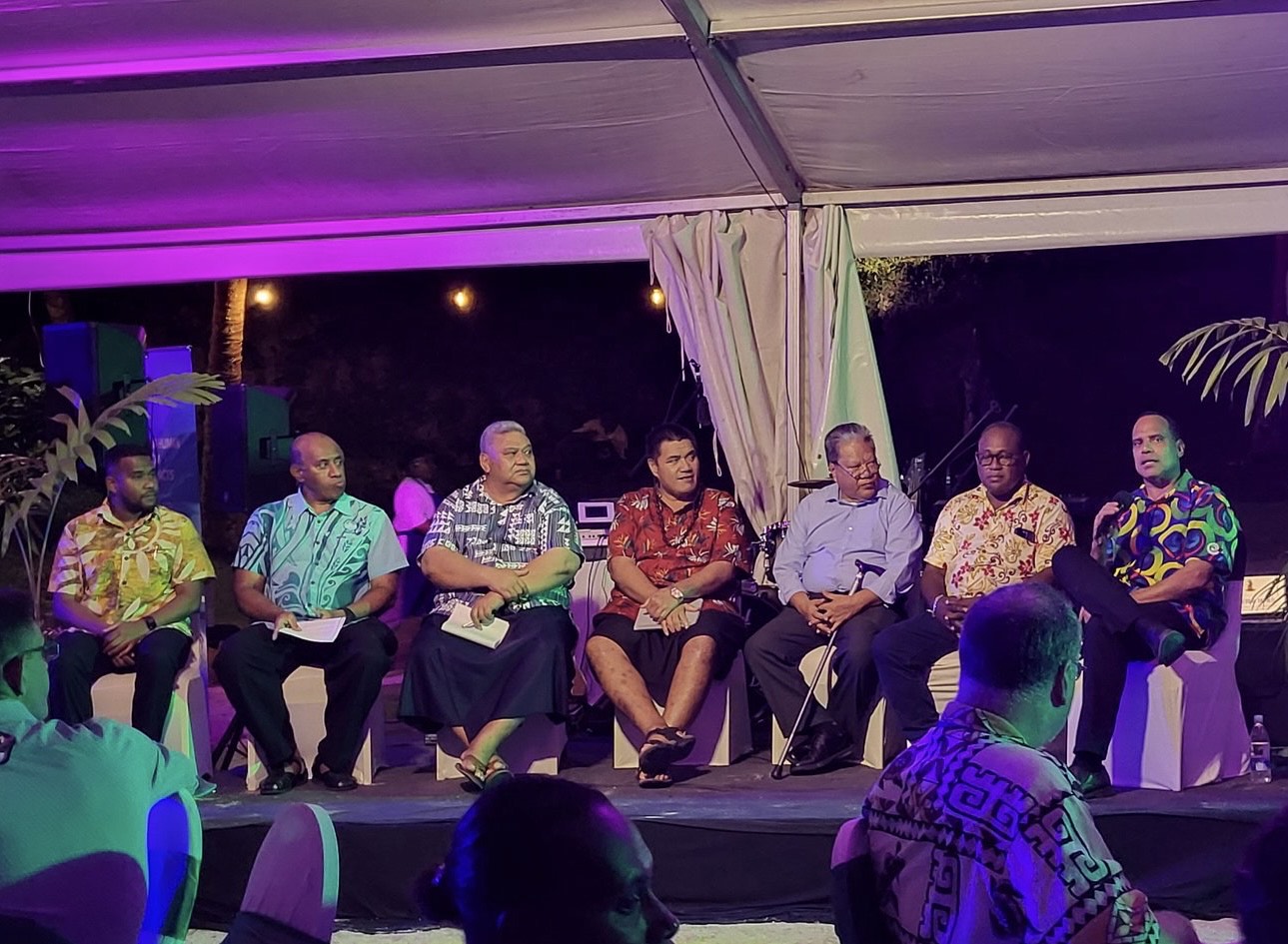By Elenoa Dimaira
Fossil fuels cost lives.
Vanuatu’s Minister for Climate, Ralph Regenvanu reminded the region of this adding that he grieved for lives lost in Vanuatu and throughout our island nations because of the impacts of climate change.
“It’s time to release the stranglehold oil, gas and coal have over our economies, politics and lives,” Regenvanu said at the 5th Pacific Regional Energy and Transport Ministers Meeting in Port Vila, Vanuatu on Tuesday night.
“We need to accelerate the adoption of clean, abundant renewable energy, stop expanding fossil fuel production and wind down existing production to levels that will allow for humanity’s survival. This will require much greater global governance of the transition, which is why Vanuatu was the first nation state to publicly call for the development of a Fossil Fuel Non-Proliferation Treaty.”
Regenvanu added the Pacific must lead the charge, as it did for the Paris Agreement and with the United National General Assembly asking the International Court of Justice to define the obligations of countries to combat climate change.
He asked Pacific Island nations to join the Port Vila Call for a Just Transition to a Fossil Fuel Free Pacific.
“It is no longer enough to focus on emissions alone. We must tackle the source of the emissions: fossil fuels. The logic is simple – we cannot lower emissions if we keep increasing production. If there is any region on the planet that must lead, it is the Pacific. For our children, there is no future in fossil fuels in the Pacific or elsewhere on this planet. We must immediately begin the Just Transition before we surpass the 1.5 warming limit.”
The Port Vila Call sets a pathway for the Blue Pacific towards a just transition from fossil fuels in the energy and transport sectors, funded by those responsible, in partnership with countries’ own investments.
The six nations that signed the treaty committed to:
*Spearheading the global phase out of coal, oil and gas production in line with global temperature goal of below 1.5ºC, including at the UN Secretary General’s climate summit in September, at COP28, and beyond
*Joining the Beyond Oil and Gas Alliance and urge major oil and gas producers to join
*Calling for a Fossil Fuel Non-Proliferation Treaty and lead the creation of a global alliance to negotiate a new Treaty to govern the end to fossil fuel expansion, equitable phase out of fossil fuels, and a global just transition.
* Redoubling efforts to reaffirm, strengthen and codify legal obligations with respect to the global phase out of fossil fuels, including through an advisory opinion on climate change from the International Court of Justice
*Disclosing fossil fuel investment and projects and demanding that all governments do the same through the Extractive Industries Transparency Initiative and the Global Registry of Fossil Fuels.
*Advocating for expanded public and private finance for the just transition from fossil fuels to renewable energy at the pace and scale required with reforms of existing financial mechanisms.
“Clean, green, abundant and cheap renewable energy is the future of the Blue Pacific,” Minister Regenvanu said.
“Clearly, we need more than a simple swap of one source of energy to another. We must design and lead a JUST transition across sectors that is people-centered, socially and environmentally appropriate. The Pacific just transition must see women and girls co-leading the process and minimise the burden of workers and island communities affected by fossil fuel production phase out,” he said.
SOURCE: PASIFIKA ENVIRONEWS/PACNEWS














